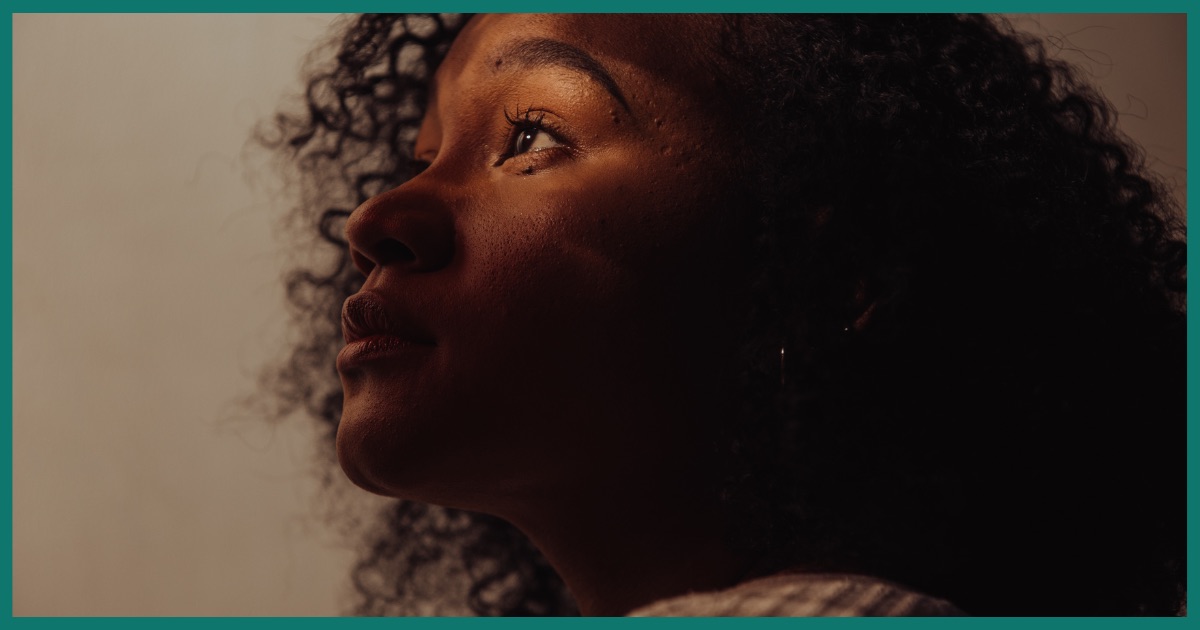What is Hangxiety? A Guide to the Link Between Alcohol and Anxiety
By Sophie Solmini
Founder, ICADC, MATS, NCRC

Clinical Context: This article is reviewed by a Certified Alcohol and Drug Counsellor. It provides educational information and is not a substitute for professional medical advice.
It’s 3 AM. You’re wide awake. Your heart is pounding, your thoughts are racing, and you’re filled with a vague but powerful sense of dread. You replay conversations from the night before, cringing at things you said. You worry about your health, your job, your relationships. You had a few drinks to relax, but now you feel more anxious than ever before.
Sound familiar? You’re not imagining it. This is “hangxiety,” and it’s a very real, very common physiological and psychological response to alcohol. It’s the cruel paradox of drinking: the substance you use to calm your nerves is the very thing that can send them into overdrive the next day.
At Heal@Home, we believe that understanding the science behind hangxiety is the first step to breaking free from it. This isn't a sign of a character flaw; it’s a predictable reaction in your brain. This guide will explain what’s really happening in your body and how you can stop the cycle for good.
The Science: Why a Depressant Makes You Anxious
To understand hangxiety, we need to look at what alcohol does to your brain chemistry. Alcohol is a central nervous system depressant. Its initial calming effect comes from the way it enhances GABA, your brain’s main inhibitory neurotransmitter.
- The Brake Pedal (GABA): Think of GABA as your brain’s brake pedal. It slows things down and makes you feel relaxed. Alcohol artificially boosts GABA, which is why a drink can initially feel calming.
- The Accelerator (Glutamate): Your brain loves balance. To counteract the heavy foot on the brakes, it starts pumping the accelerator,an excitatory neurotransmitter called glutamate,to keep you from becoming too sedated.
The Rebound Effect: The Source of the 3 AM Fear
As your liver metabolizes the alcohol overnight, the artificial brake (the GABA boost) is suddenly removed. However, your brain’s accelerator (the high levels of glutamate) is still floored. Your nervous system is now in a state of extreme over-excitement, with nothing to calm it down. This is the “rebound effect,” and it’s the biological engine of hangxiety. This is why you wake up with a racing heart, shaky hands, and a mind that won’t shut off. Your brain is literally in a state of withdrawal, even after just one night of drinking.
More Than Just Nerves: The Psychological Side of Hangxiety
This intense physical anxiety is then compounded by psychological factors, creating a perfect storm of regret and worry.
- Memory Gaps: Alcohol disrupts the process of memory formation. Even if you didn't have a full blackout, you might have fuzzy patches from the night before. Your brain hates a vacuum, so it tends to fill in those gaps with worst-case scenarios, leading to intense shame and social anxiety.
- Poor Sleep: Alcohol sabotages your sleep quality, especially REM sleep, which is crucial for emotional regulation. You wake up not just tired, but emotionally raw and with less resilience to handle the anxiety your brain is already producing.
Breaking the Vicious Cycle
The most dangerous part of hangxiety is that it creates a self-perpetuating cycle. You feel anxious, so you have a drink to feel better. The next day, you feel even more anxious, which makes the urge to have a drink to “calm your nerves” even stronger. This is how a habit can spiral into a dependency.
Breaking this cycle requires a tool that can intervene in the biological process. This is where modern medical support is a game-changer. At Heal@Home, our programs are designed to break this exact loop. By using a non-addictive medication like naltrexone, as part of The Sinclair Method, we can reduce the rewarding effect of alcohol. This helps to quiet the initial craving, making it easier to choose not to drink in the first place. By addressing the biological urge, we help you stop the cycle of rebound anxiety before it even starts, allowing your brain’s chemistry to return to its natural, healthy balance.
How to Cope with Hangxiety in the Moment
If you’re currently experiencing hangxiety, there are some practical steps you can take to calm your nervous system.
- Hydrate and Nourish: Drink water with electrolytes and eat a meal with complex carbs and protein to stabilize your blood sugar.
- Gentle Movement: A slow walk outside can help burn off some of the excess adrenaline and glutamate.
- Deep Breathing: Practice slow, deep belly breathing to manually activate your parasympathetic nervous system (the “rest and digest” system). For guided exercises, Anxiety Canada is an excellent resource.
- Self-Compassion: Remind yourself that this is a temporary chemical reaction, not a reflection of who you are. It will pass.
You Deserve to Wake Up Feeling at Peace
That feeling of next-day dread doesn’t have to be your normal. True calm comes not from a drink, but from a balanced brain. If you're in Canada and tired of the anxiety rollercoaster, contact Heal@Home for a confidential chat about our approach. Call us at 647-545-6751 or visit us online today.
Interested in our Program?
Our team provides a private, 12-week protocol designed to help you regain control from home.
Speak with our Team